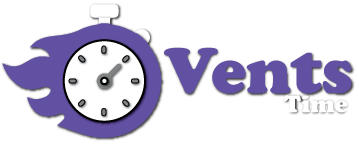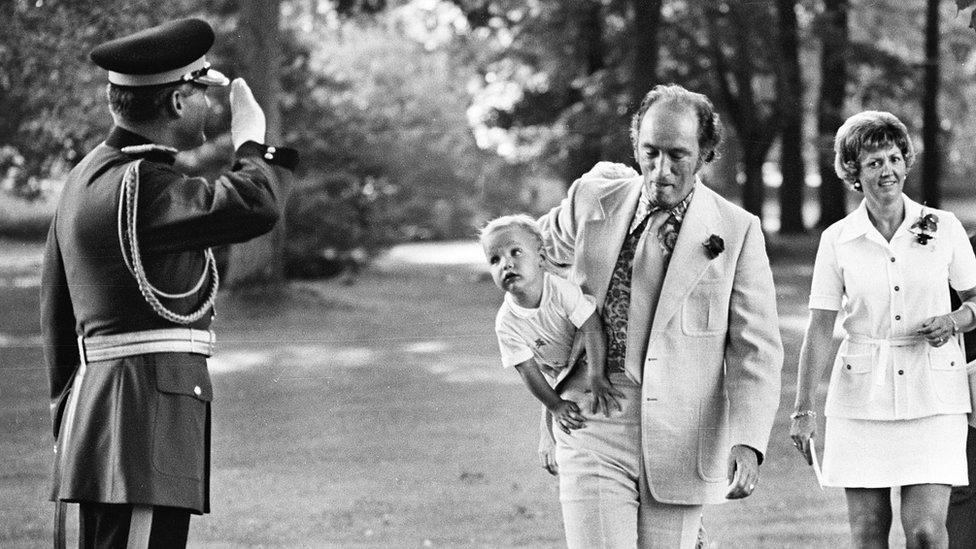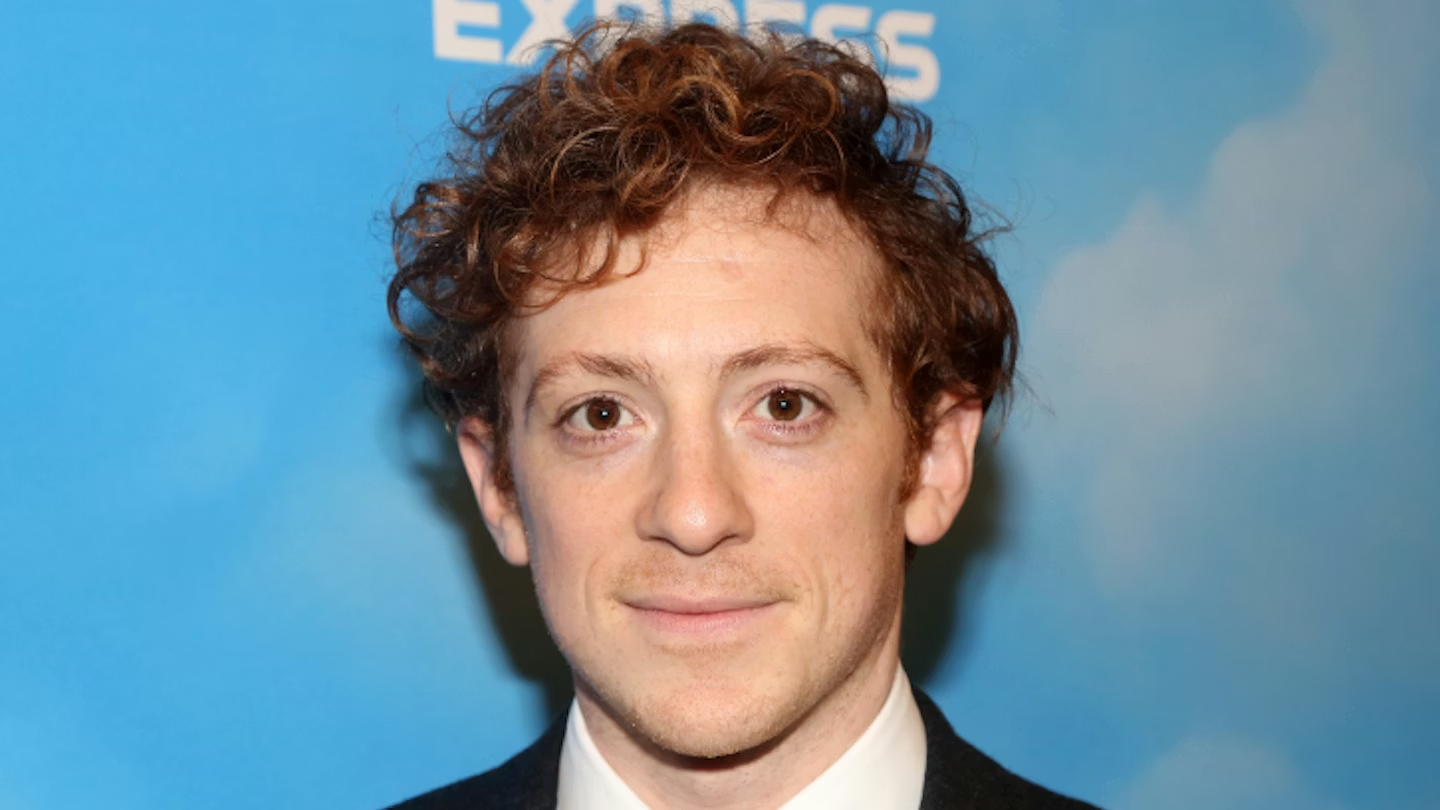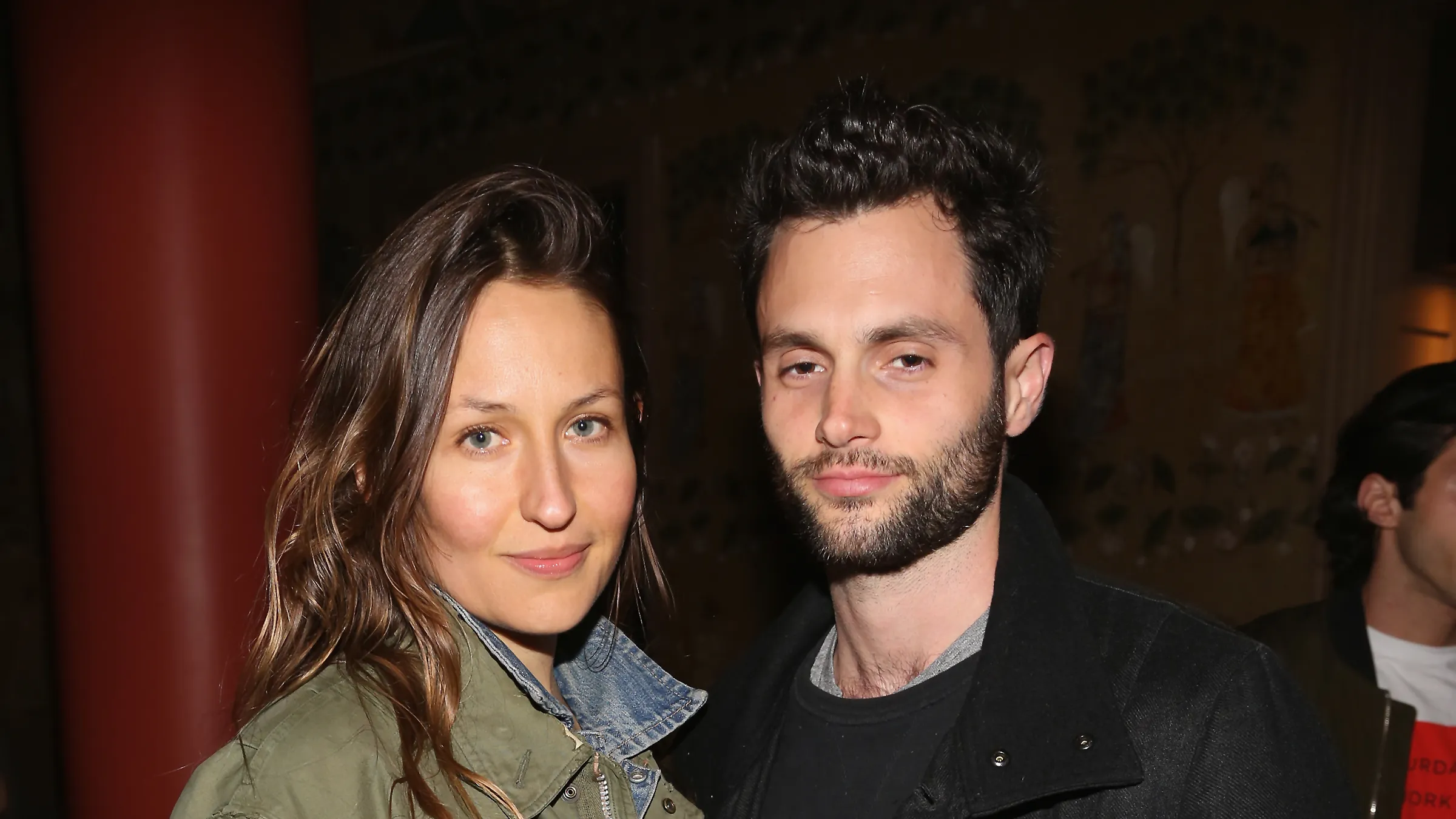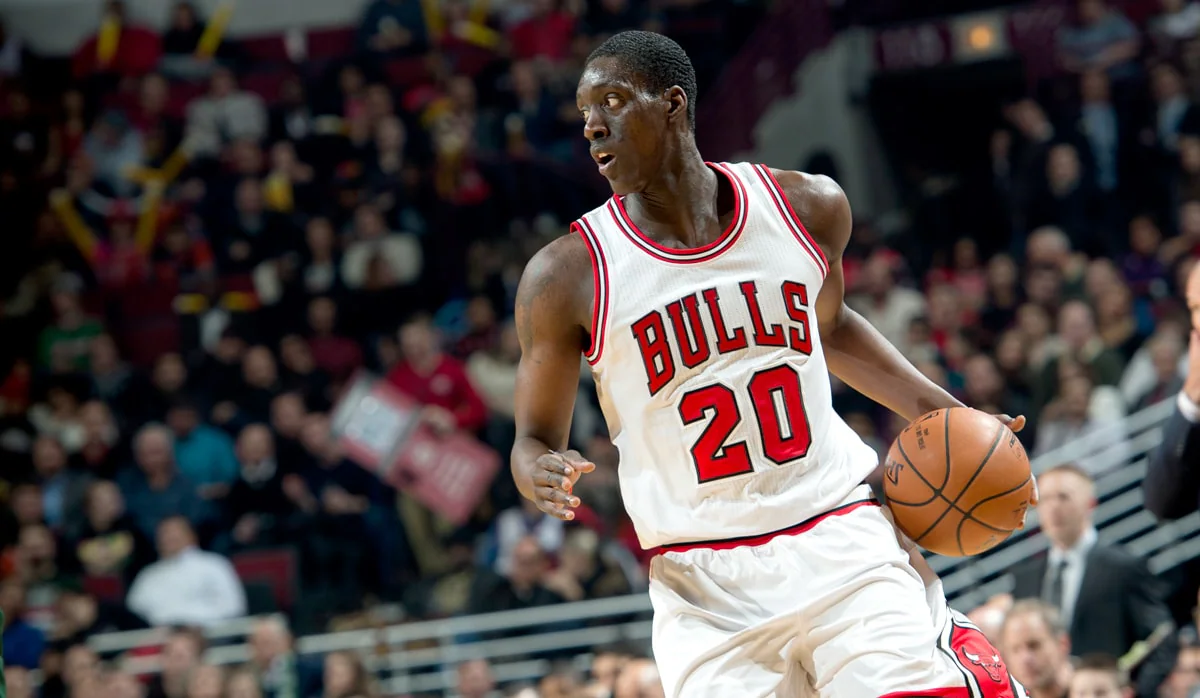When people search for “Justin Trudeau dad,” they are typically curious about the man behind Canada’s current Prime Minister. Justin Trudeau’s father, Pierre Elliott Trudeau, was not only a towering figure in Canadian politics but also one of the most influential leaders in the country’s modern history. From serving as Prime Minister to shaping Canada’s identity, Pierre Trudeau left a legacy that continues to impact the nation today.
This article explores the life, leadership, and lasting influence of Pierre Elliott Trudeau, highlighting how his ideals and persona influenced Justin Trudeau’s political journey and personal beliefs.
Who Was Pierre Elliott Trudeau?
Early Life and Education
- Full Name: Joseph Philippe Pierre Yves Elliott Trudeau
- Born: October 18, 1919, in Montreal, Quebec
- Died: September 28, 2000
Pierre Trudeau was born into a wealthy French-Canadian family. He attended prestigious institutions, including Collège Jean-de-Brébeuf, the University of Montreal, Harvard University, the London School of Economics, and the Institut d’Études Politiques de Paris (Sciences Po).
Career Before Politics
Trudeau worked as a lawyer, professor, and activist. He was deeply influenced by liberal philosophies and was a passionate advocate for individual freedoms, civil liberties, and a unified Canada.
Pierre Trudeau’s Political Career
Rise to Power
- Elected as MP: 1965
- Appointed Minister of Justice: 1967
- Became Prime Minister: 1968
Pierre Trudeau quickly rose through the ranks of the Liberal Party and became Prime Minister in 1968, riding a wave of popularity known as “Trudeaumania.”
Time as Prime Minister
- First Term: 1968–1979
- Second Term: 1980–1984
During his time in office, Pierre Trudeau:
- Patriated the Canadian Constitution in 1982 and established the Charter of Rights and Freedoms
- Promoted official bilingualism and multiculturalism
- Opposed Quebec separatism
- Fought inflation and unemployment with controversial economic policies
- Maintained a strong central government over provincial autonomy
Key Policies and Achievements
The Constitution Act, 1982
Perhaps his most enduring legacy, Trudeau was instrumental in bringing the Constitution home from Britain, a historic move that also introduced the Canadian Charter of Rights and Freedoms, enshrining civil liberties into law.
Multiculturalism and Bilingualism
Trudeau institutionalized bilingualism and multiculturalism in Canada, promoting diversity and inclusion at a time of growing cultural complexity.
National Energy Program
His economic policies were often divisive. The National Energy Program (NEP), introduced in the early 1980s, was controversial, especially in Western Canada, where it was viewed as federal overreach.
Personal Life of Pierre Trudeau
Marriage to Margaret Sinclair
Pierre Trudeau married Margaret Sinclair in 1971. She was 30 years younger than him and came from a well-known political family. Their marriage drew intense media scrutiny.
- Children: They had three sons—Justin, Alexandre (Sacha), and Michel.
- Divorce: The couple separated in 1977 and divorced in 1984.
Relationship With His Sons
Pierre was known to be a devoted, hands-on father. Despite his political responsibilities, he spent meaningful time with his children, instilling in them a love for nature, intellectual curiosity, and strong values.
The Influence of Pierre Trudeau on Justin Trudeau
Early Exposure to Politics
Justin Trudeau’s childhood was spent in the public eye, often traveling with his father and being present at official events. This early exposure influenced his:
- Public speaking skills
- Global outlook
- Understanding of political responsibility
Shared Political Values
Many of Justin Trudeau’s political stances echo his father’s values:
- Multiculturalism and diversity
- Liberal economic and social policies
- Commitment to bilingualism and national unity
The Emotional Tribute
At Pierre Trudeau’s funeral in 2000, a 28-year-old Justin gave an emotional eulogy that many point to as his political debut. His heartfelt words and poise captured national attention.
The Legacy of Pierre Trudeau
Cultural Icon
Pierre Trudeau became a symbol of modern, progressive Canada. He was seen as:
- Charismatic and intellectual
- Sometimes arrogant but deeply principled
- A figure who reshaped Canada’s identity on the world stage
Public Perception
He remains a polarizing figure in Canadian history:
- Admired for human rights reforms, liberalism, and national unity
- Criticized for economic mismanagement and federal overreach
Regardless of political stance, his influence is undeniable.
Common Questions About Justin Trudeau’s Dad
Was Pierre Trudeau also Prime Minister?
Yes, Pierre Trudeau served as Canada’s 15th Prime Minister, with terms from 1968–1979 and 1980–1984.
How did Pierre Trudeau influence Justin Trudeau?
He influenced Justin politically, intellectually, and personally—shaping his views on governance, civil liberties, and national identity.
Is there proof that Justin is Pierre Trudeau’s biological son?
Yes. Despite long-standing conspiracy theories and tabloid speculation, Justin Trudeau is unequivocally the biological son of Pierre Elliott Trudeau and Margaret Trudeau. The rumors have no credible evidence and have been widely debunked.
Conclusion
Understanding who Justin Trudeau’s dad was means exploring the legacy of one of Canada’s most impactful leaders. Pierre Elliott Trudeau wasn’t just a former Prime Minister—he was a constitutional reformer, a staunch defender of individual freedoms, and a father who left an indelible mark on both his country and his son.
Whether you agree with his policies or not, Pierre Trudeau’s role in shaping modern Canada is profound. And through Justin Trudeau, that legacy continues—carrying the name and many of the ideals forward into a new generation of leadership.
What do you think about Pierre Trudeau’s legacy? Share your thoughts in the comments or explore more articles about Canadian politics and leadership.
